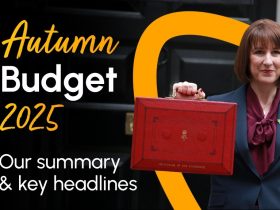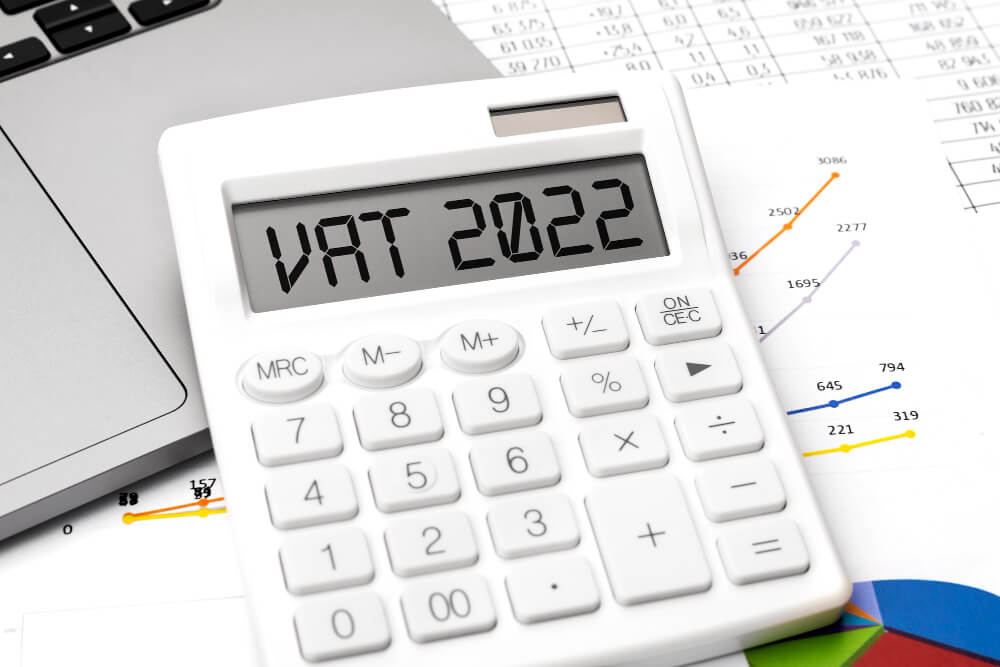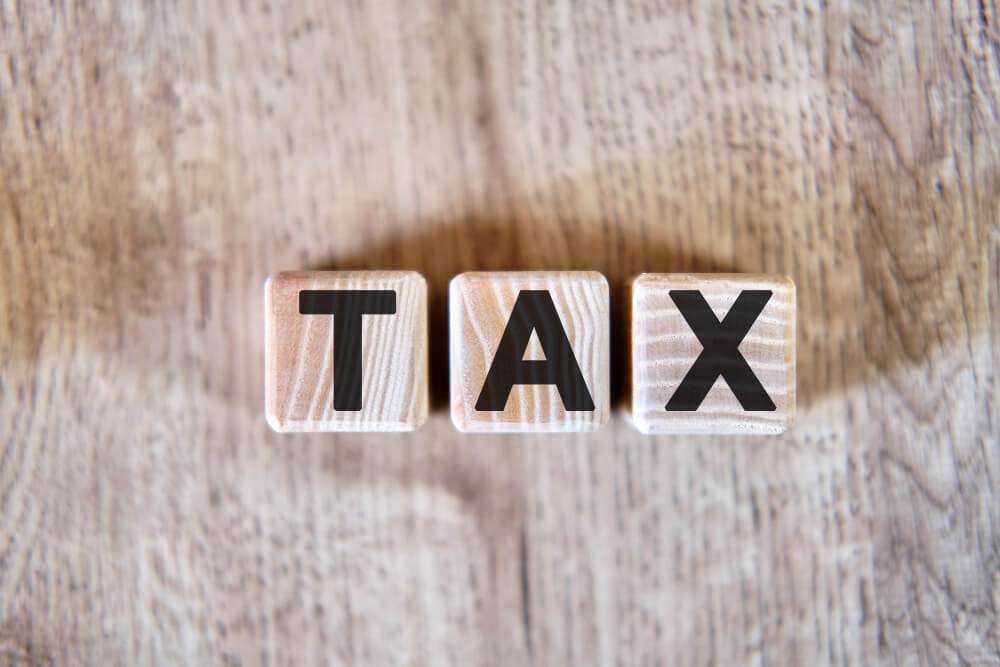“Dividends” is a popular term in business circles, but most people still have doubts about calculating tax on it. The same goes for newly self-employed individuals starting a limited company.
What is a dividend, and how can we save tax on dividends? This blog post will discuss calculating the tax on dividends and other related terms.
Table of Content
What are dividends?
Dividends are the sum of money that a limited company pays out to its shareholders. These shareholders can be investors in the company, employees, directors or a director’s relatives.

A company earns income and pays taxes and expenses. After accounting for all purchases, business expenses, and taxes from your earnings or turnover, a company can distribute the remaining amount to shareholders as a return on investment.
Dividends cannot be counted as a business expense while calculating corporation tax. When a company’s directors choose not to distribute the extra profits at the end of the accounting period, the profit accumulates and can be distributed later.
The most common tax-efficient way to pay yourself as a limited company director and owner is by combining dividends and a lower salary.
What is dividend tax?
As Dividends are a source of income, you are liable to pay a tax on the total amount of dividends earned in a tax year.
For the tax year 2024-25, the dividend tax allowance is £500. Dividends earned above this amount are taxable. That means you can earn a £12,570 personal allowance plus £500 in dividends as tax-free income.
The tax on dividends above your tax-free allowance depends on your income tax band, but the rates are lower than income tax rates.
Your company is not liable to pay any tax on its dividend payments. However, the shareholders must pay taxes on the same through their annual self-assessment tax return.
The most tax-efficient way of operating a business is by registering it as a limited company. In that case, neither you nor the employee needs to pay National Insurance contributions on dividends. But if your salary exceeds the relevant National Insurance thresholds, both employer’s and employee’s NICs are payable.
What are the tax rates on dividends for 2024-25?
Dividend tax rates is calculated based on earnings above the personal plus dividend allowance. It is taxable as follows,
Dividend tax rates
| Income tax band | The dividend tax rates for 2024-25 | Dividend tax band |
| Basic rate | 8.75% | £500 – £37,700 |
| Higher rate | 33.75% | £37,701 – £150,000 |
| Additional rate | 39.35% | Above £150,000 |
You don’t need to inform HMRC if your dividend income is below £500, which is the tax-free dividend allowance.
If you are not filing a self-assessment tax return, then on receiving dividends, you must register with HMRC. Whether you earn dividends from your company or others, you must mention the total amount in the tax return. The higher your dividend income is, the more will be the dividend tax.
If you receive dividends from a company where you are not a director, and don’t file a self-assessment tax return, call HMRC. You can ask them to change your tax code if paying through PAYE, or if the dividend income is above £10,000, register for self-assessment by 5th October of the following year you have earned dividends.
For the tax year 2023-24, the dividend rates were:
● Basic rate: 8.75%
● Higher rate: 33.75%
● Additional rate: 39.35%
How do you calculate tax on dividends?
To calculate tax on dividends for tax year 2024/25, here are dividend tax examples for a clear understanding.
Example 1:
When dividends are your only source of income, let’s calculate its tax.
Lisa earns £50,000 yearly from dividends.
Her personal allowance is £12,570, and her dividend allowance is £500. After subtracting these from the income, we have £36,930 taxable income.
Lisa’s dividend income now falls in the basic income rate category, so HMRC charges an 8.75% dividend tax on the taxable income.
So, the amount of tax to pay is £3,231.38, circa 6.46% of your income.
| Income | Income type | Income tax rate | Tax to pay |
| First £10,000 | Salary | Tax-free personal allowance (£12,570 for 2024-25) | None |
| Next £2,570 (12,570-10,000) | Dividends | Tax-free personal allowance | None |
| Next £500 | Dividends | Tax-free dividend allowance | None |
| Next £36,930 | Dividends | The basic Dividend tax rate @8.75 % | £3,231.38 |
| Total income tax | £3,231.38 |
How much salary and dividend can I take home without paying a higher tax rate?
To enjoy tax benefits on your income, try to take a combination of salary and dividends, but how much? You can take salary until employer NIC threshold and the rest as dividend until the higher threshold.
Dividend Tax Calculator
| The calculation for 2024-25 | |
| Salary (as per current NIC threshold)* | £9,100 |
| Dividends | £41,170 |
| Total income | £50,270 |
| Personal allowance | £12,570 |
| Taxable income | £37,700 |
| Dividend allowance | £500 |
| Dividends taxable @8.75% | £37,200 |
| Income tax due | £3,231.38 |
| Take-home pay | £46,768.62 |
* NIC threshold is reducing to £5,000 from 06 April 2025.
You will attract a higher dividend tax rate if you want an income above £50,270.
While distributing dividends among shareholders, make sure you consider the number of shares in the company. That means, if you are one of the directors in the company with one-half shares, you must take 50% of each dividend distribution.
The shareholders must receive a dividend voucher containing their name, contribution in terms of shares, address, amount of tax credit, net dividend being paid, etc.

Wrapping up
Distributing dividends must follow the law of a country. For better understanding, it is always advisable to hold a meeting between the directors and the shareholders of the limited company and discuss how much dividends to distribute, even when you are a single director.
If declaring dividends among shareholders in the company gets complicated by the rise in annual earnings, consult an accountant.












Leave a Reply